Directory
- Share
Phillip Kieval
- Alumni
- United States
- 2021 PhD History & Philosophy of Science
- Hughes Hall
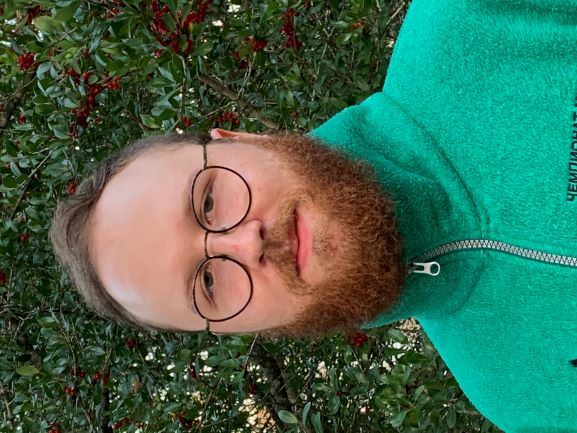
Phillip Kieval
- Alumni
- United States
- 2021 PhD History & Philosophy of Science
- Hughes Hall
My work focuses on the epistemic, moral, and political significance of machine learning in science and public life. Tackling these issues leads me to confront fundamental questions concerning the role non-epistemic values in science and technology, the relationship between various conceptions of objectivity and trust, and the nature and importance of uncertainy estimates for responsibility.
Previous Education
University of Houston Philosophy 2021
University of Houston Philosophy 2019
Lauren Killingsworth
- Alumni
- United States
- 2018 MPhil History, Philosophy, and Sociology of Science, Technology, and Medicine
- King's College
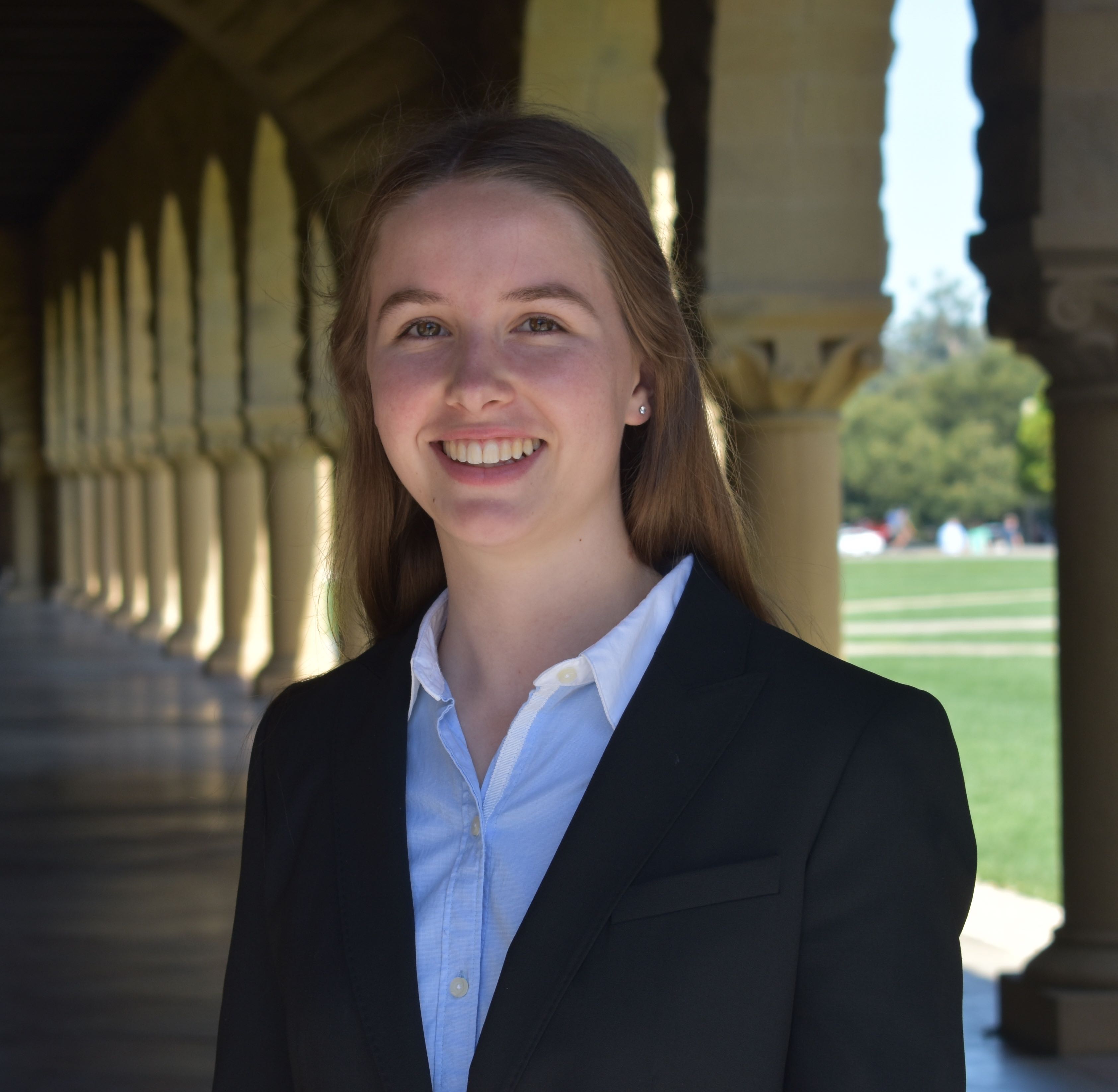
Lauren Killingsworth
- Alumni
- United States
- 2018 MPhil History, Philosophy, and Sociology of Science, Technology, and Medicine
- King's College
My research focuses on maps of cholera outbreaks made by physicians in nineteenth-century Britain. I aim to understand the role of medical cartography in shaping public perceptions of disease and contributing to public health reform. My work is driven by my experiences in public health and biomedical research. As an undergraduate at Stanford, I conducted research on neurodegenerative diseases, studied the connections between human and environmental health in the Galápagos Islands and Tanzania, and volunteered at local community health centers. My experiences raised questions that were as much social as scientific: What factors explain unequal distribution of disease? How is research communicated to the public? These questions drew me to the history of science and medicine. History reminds us that the way we present scientific information can significantly impact public perceptions of health and disease. We must work to illuminate health disparities in a way that focuses on addressing social determinants of health, rather than generating stigmas. Studying how public health messages have been delivered and acted upon in the past can help us to improve future initiatives. At Cambridge I will pursue an MPhil in History and Philosophy of Science and Medicine. As an aspiring historian and physician, I hope to pursue work that will enable the medical community to approach health disparities with greater historical context, ultimately providing more holistic, ethical, and effective solutions. I am incredibly grateful for the opportunity to join a community of scholars committed to improving the lives of others.
Previous Education
Stanford University
Albert Kim
- Alumni
- United States
- 2012 MPhil Advanced Computer Science
- Churchill College
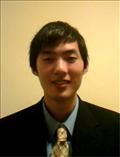
Albert Kim
- Alumni
- United States
- 2012 MPhil Advanced Computer Science
- Churchill College
Alexander Kim
- Alumni
- United States
- 2017 MPhil Medical Science at Cancer Research UK Cambridge Institute
- King's College
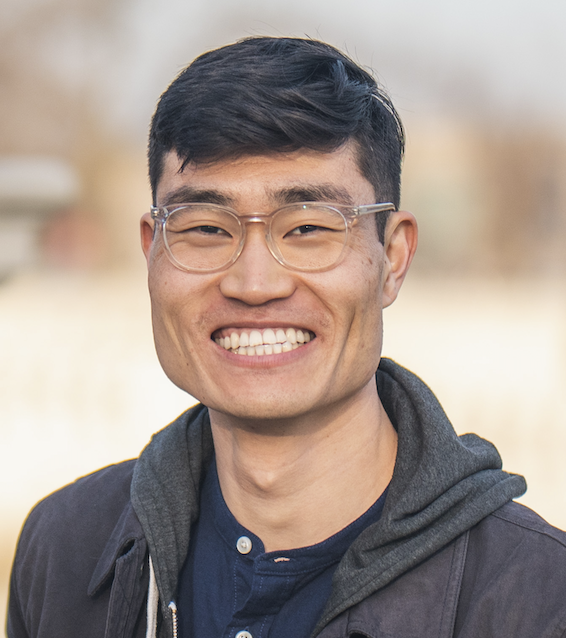
Alexander Kim
- Alumni
- United States
- 2017 MPhil Medical Science at Cancer Research UK Cambridge Institute
- King's College
My volunteer experience at San Francisco General Hospital largely inspired my decision to pursue medical science and sparked my interest in cancer. Patients often told me about how cancer had devastated their families, and how treatments were out of reach financially. I developed an academic interest in cancer from research talks given at a summer internship, after which I began to realize the rather horrifying prospect of how little we know about cancer. These experiences have driven me to pursue cancer immunology research, which I believe is one of the most promising frontiers for better treatments that utilize the body’s own immune defenses to fight cancer. At Cambridge, I studied the role of the Hedgehog (Hh) signaling pathway, which is abnormally activated in a number of cancers and has been shown to play a key role in immune responses to cancer, in natural killer (NK) cells. I conducted my MPhil work in the lab of Dr. Maike de la Roche at the Cancer Research UK Cambridge Institute. Currently, I am an MD/PhD student at Washington University School of Medicine in St. Louis, USA, and my long term goal is to become an independent physician-scientist. Aside from science and medicine, my interests include music, travel, golf, running, and writing. I am incredibly grateful to be a part of the Gates Cambridge community and wholeheartedly accept its commitment to improving the lives of others.
Previous Education
University of California, Berkeley
Links
Christina Kim
- Scholar
- United States
- 2025 MPhil Biological Science at the Wellcome Trust Sanger Institute
- St John's College
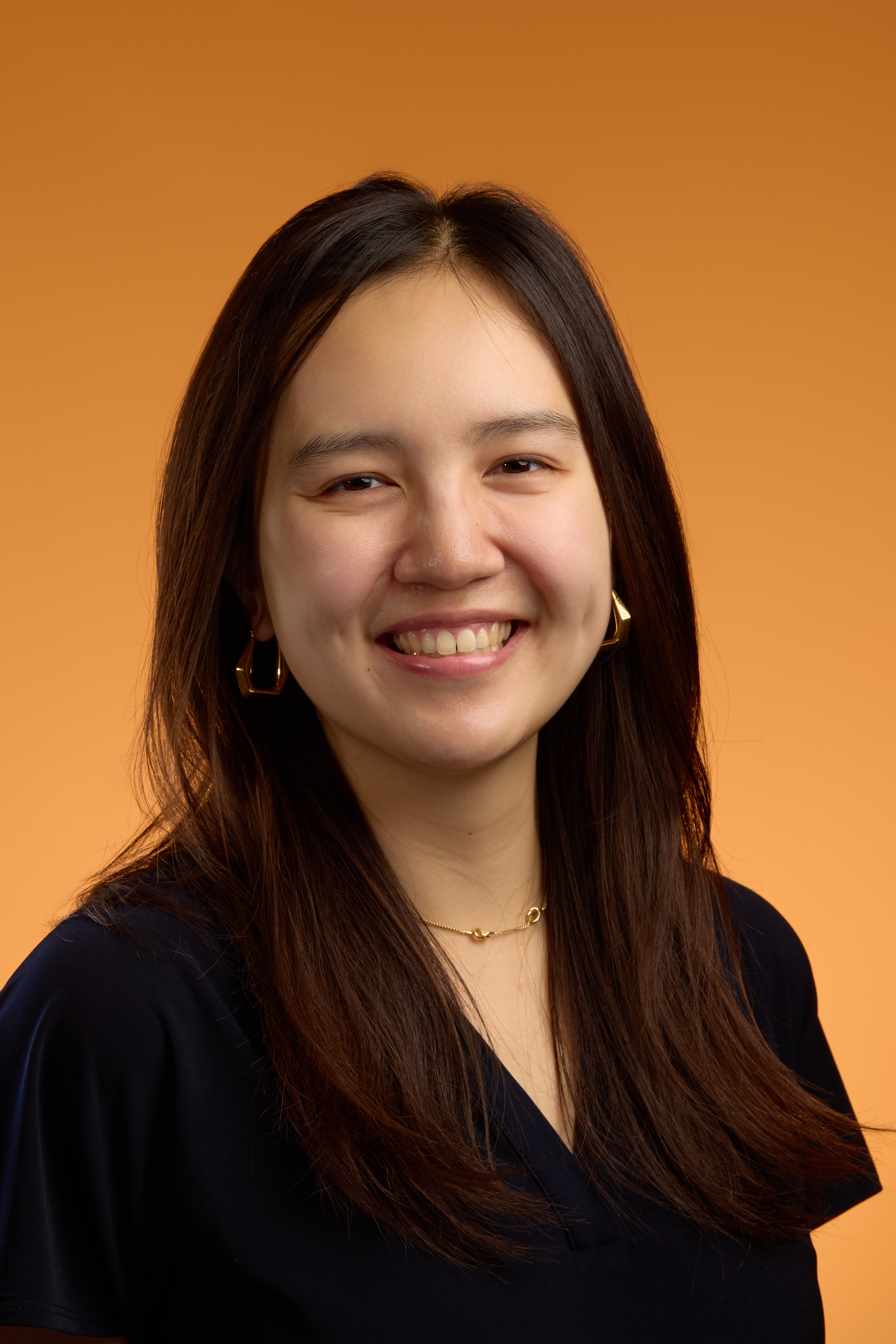
Christina Kim
- Scholar
- United States
- 2025 MPhil Biological Science at the Wellcome Trust Sanger Institute
- St John's College
I grew up in Princeton, New Jersey, and studied Chemistry and Biology at MIT. My love for science and personal aspirations for motherhood inspired my dedication to advancing women’s health research by bridging critical knowledge gaps in the field. As an undergraduate, I engineered synthetic extracellular scaffolds to develop lab-grown models of the uterus, allowing us to uncover key insights into menstrual disorders such as endometriosis. I have since extended this work at the Wellcome Sanger Institute near Cambridge, integrating my tissue engineering expertise with cutting-edge genomics tools to generate novel models of human placental development. I am eager to continue this work during my MPhil and beyond, which I hope will revolutionise how we study enigmatic processes in reproductive biology and ultimately contribute to life-saving interventions for pregnant women worldwide. I am incredibly grateful for the support of Gates Cambridge and honoured to be part of a community of like-minded scholars committed to making a difference.
Previous Education
Massachusetts Institute of Technology Chemistry and Biology
Samuel Kim
- Alumni
- United States
- 2015 MPhil Chemistry
- St John's College
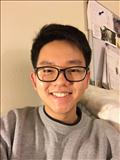
Samuel Kim
- Alumni
- United States
- 2015 MPhil Chemistry
- St John's College
My research work during my undergraduate years have shown me the extent to which chemical tools with atomic level precision can be applied to complex biological systems. Specifically, epigenetic systems that are constantly showing the interplay between nature and nurture at the individual level present an appropriate platform for utilizing peptide chemistry to help elucidate the complex language. I am excited to have this opportunity to continue this work in Cambridge to incorporate other groundbreaking technologies to help decode the epigenetic language. In the long term, I hope to become a physician-scientist developing medically relevant technologies to support patients in need.
Previous Education
Princeton University
Vincent Kim
- Alumni
- United States
- 2014 PhD Physics
- Selwyn College
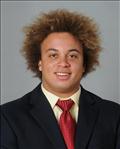
Vincent Kim
- Alumni
- United States
- 2014 PhD Physics
- Selwyn College
At Washington and Lee University, I obtained a B.S. in physics, a B.A. in global politics and was part of the Shepherd Program for the Interdisciplinary Study of Poverty and Human Capability. I am interested in how communities can implement technological innovation to promote sustainability while eliminating poverty. At Cambridge, I plan to study the fundamental physics behind polymer semiconductors in order to improve the efficiency of organic solar cells. This research could lead to cheap, flexible, lightweight solar cells that would allow us to harness solar power in more convenient ways to meet the energy demands of people who live far from electric grids. After my PhD degree, I plan to continue developing sustainable energy technology and to help make that technology accessible to communities that are off the grid and economically marginalized.
Neha Kinariwalla
- Alumni
- United States
- 2014 MPhil Modern Society & Global Transformations
- King's College
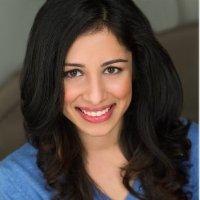
Neha Kinariwalla
- Alumni
- United States
- 2014 MPhil Modern Society & Global Transformations
- King's College
Neha is the founder of the Humanology Project, a nonprofit organization with the mission to reduce the stigma of mental & neurological illness by democratizing medical literature and providing a forum for patients to share their story. She graduated from the University of Cambridge in 2015 with a degree in Modern Society & Global Transformations. Her research investigates the psychosocial and stigmatizing effects of epilepsy on marriage through ethnographic and quantitative studies. In 2015, Neha was the youngest person on the Healthcare List for Forbes 30 under 30.
Anna King
- Alumni
- United States
- 2002 PhD Criminology
- Trinity Hall

Anna King
- Alumni
- United States
- 2002 PhD Criminology
- Trinity Hall
My proposed course in Criminology is intended to contribute to a deeper understanding of public opinion towards crime and justice. In particular, I feel social reformers could benefit from understanding the psychological roots of punitiveness and forgiveness within the context of individual identity management.
Christopher Kirchhoff
- Alumni
- United States
- 2001 MPhil MPhil, Social & Political Science
2002 PhD Social and Political Science - Sidney Sussex College

Christopher Kirchhoff
- Alumni
- United States
- 2001 MPhil MPhil, Social & Political Science
2002 PhD Social and Political Science - Sidney Sussex College
Christopher Kirchhoff is a strategist in emerging technology. Most recently, Kirchhoff created and led the Pentagon's Silicon Valley Office, Defense Innovation Unit X, with its $1 billion investment portfolio harnessing emerging commercial technology for national security innovation. Previously he was Director for Strategic Planning at the National Security Council, Special Assistant to the Chairman of the Joint Chiefs of Staff, and Senior Advisor to Presidential Counselor John Podesta. Kirchhoff authored the White House report on Big Data & Privacy, the NSC after-action report on Ebola, the Space Shuttle Columbia Accident Investigation report, and the U.S. government history Hard Lessons: The Iraq Reconstruction Experience. Kirchhoff graduated in History and Science from Harvard College and holds a doctorate in politics from Cambridge University, where he was a Gates Scholar. He has been awarded the Secretary of Defense Medal for Outstanding Service and the Civilian Service Medal for hazardous duty in Iraq.
Previous Education
University of Cambridge MPhil, Social and Political Science 2002
Harvard University AB History 2001
Izabela Kisilowska
- Alumni
- Poland
- 2005 PhD Social and Political Science
- Peterhouse

Izabela Kisilowska
- Alumni
- Poland
- 2005 PhD Social and Political Science
- Peterhouse
So far my student life has been a lot of fun both in and outside the classroom. Parallel to studying on both sides of the Atlantic, I’ve run a vigorous student association, managed a nationwide project on European integration and established a monthly for young people. Thanks to the Gates Scholarship I am able to engage in intensive research on social sacrifices made in extraordinary situations. Pursuing this project in Cambridge's unique multicultural environment is a great adventure.
Stephen Kissler
- Alumni
- United States
- 2014 PhD Applied Maths and Theoretical Physics
- King's College
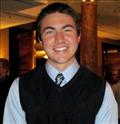
Stephen Kissler
- Alumni
- United States
- 2014 PhD Applied Maths and Theoretical Physics
- King's College
Born and raised at the foot of the Rocky Mountains in Castle Rock, Colorado, I completed my Master's degree in Applied Mathematics just a few miles north at the University of Colorado Boulder in 2014. At Cambridge, my PhD research will involve mathematically modelling influenza epidemics, in order to better understand the disease's transmission and to predict which control measures (such as vaccination, travel advisories, and school closures) will most effectively slow or stop an outbreak. I hope that this will ultimately lead to a career in mathematical epidemiology, emphasizing in preventing emerging infectious diseases that cross over from animal to human hosts. In addition to research, I also love to teach mathematics, and I hope to find ways to do so during my time at Cambridge and over the course of my career.
John Kitayimbwa
- Alumni
- Uganda
- 2007 MPhil Computational Biology
- Downing College
John Kitayimbwa
- Alumni
- Uganda
- 2007 MPhil Computational Biology
- Downing College
I am pursuing an MPhil in Computational Biology to enable me acquire the skills and knowledge necessarily for a fruitful career as a researcher in the fields of informatics and computational biology. The Gates scholarship has offered me a chance to learn the trade from the very best the world has to offer. The knowledge I will acquire on this course will prepare me well for a PhD in the same area and a very successful and fruitful career in Mathematical Biology. I am from a mathematical background and the idea of using the sophisication of the subject to understand biological phenomena is an intriguing one.
Faith Kiyuka
- Scholar
- Kenya
- 2025 MPhil Technology Policy
- Queens' College
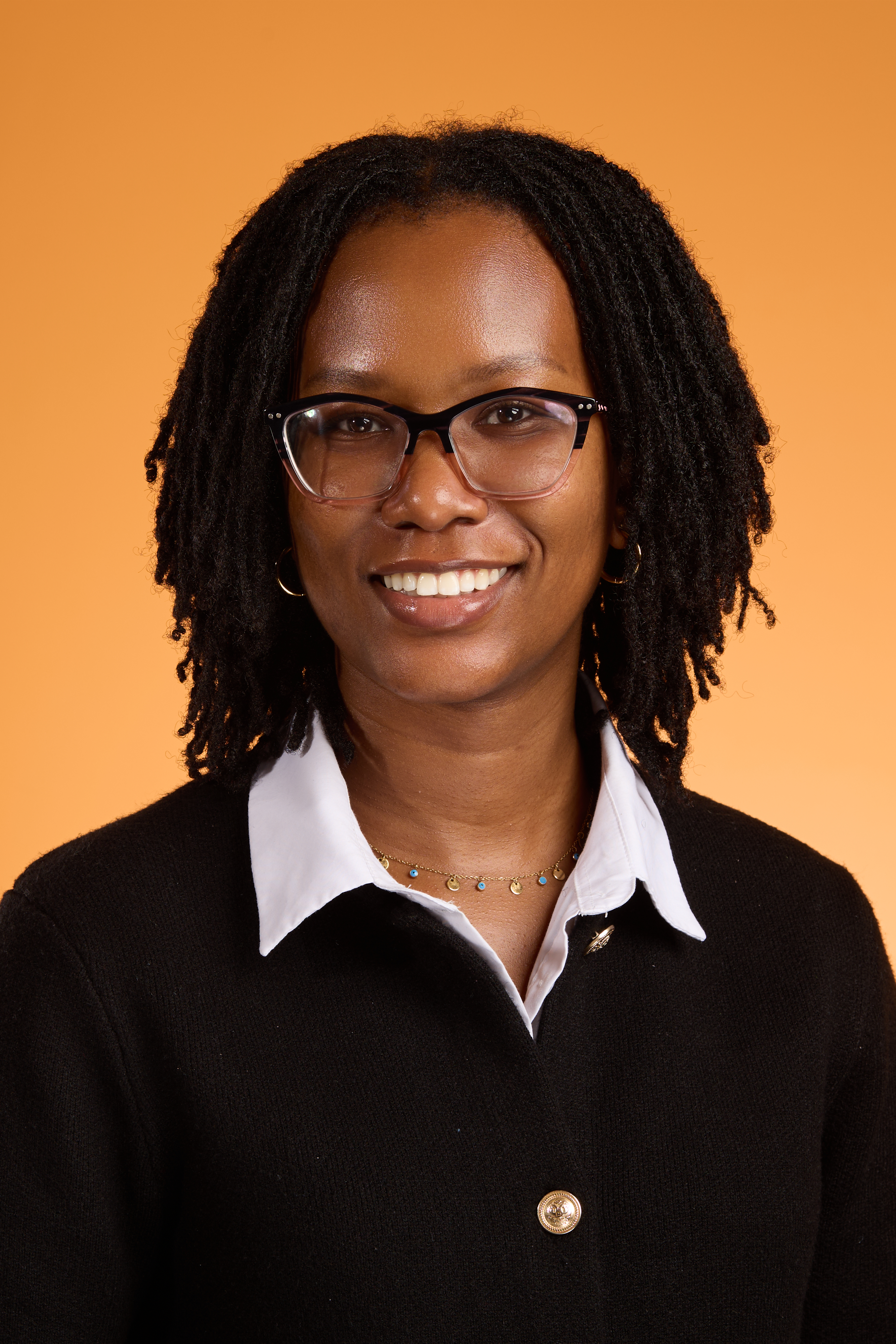
Faith Kiyuka
- Scholar
- Kenya
- 2025 MPhil Technology Policy
- Queens' College
As an Information Technology graduate (First Class Honours) from Jomo Kenyatta University of Agriculture and Technology, I have become deeply invested in how technology can address Africa’s most pressing challenges. Through my work in global health program management, I’ve seen firsthand how innovation can transform lives—yet also how the growing digital divide risks leaving communities behind. At Cambridge, I aim to bridge this gap by advancing equitable, technology-driven solutions for healthcare and development. My goal is to ensure Africa isn’t merely a consumer of innovation but a shaper of it—whether through scalable health systems, policy advocacy, or grassroots partnerships. Beyond my research, I hope to foster collaboration among technologists, policymakers, and communities to turn potential into tangible progress. I’m inspired to join the Gates Cambridge community, where scholarship meets action, and where values align with my beliefs.
Previous Education
Jomo Kenyatta University College of Agriculture & Information Technology
Georg Klein
- Alumni
- Austria
- 2001 PhD Engineering
- King's College

Georg Klein
- Alumni
- Austria
- 2001 PhD Engineering
- King's College
Kristina Klein
- Alumni
- Germany
- 2016 PhD Zoology
- Trinity College
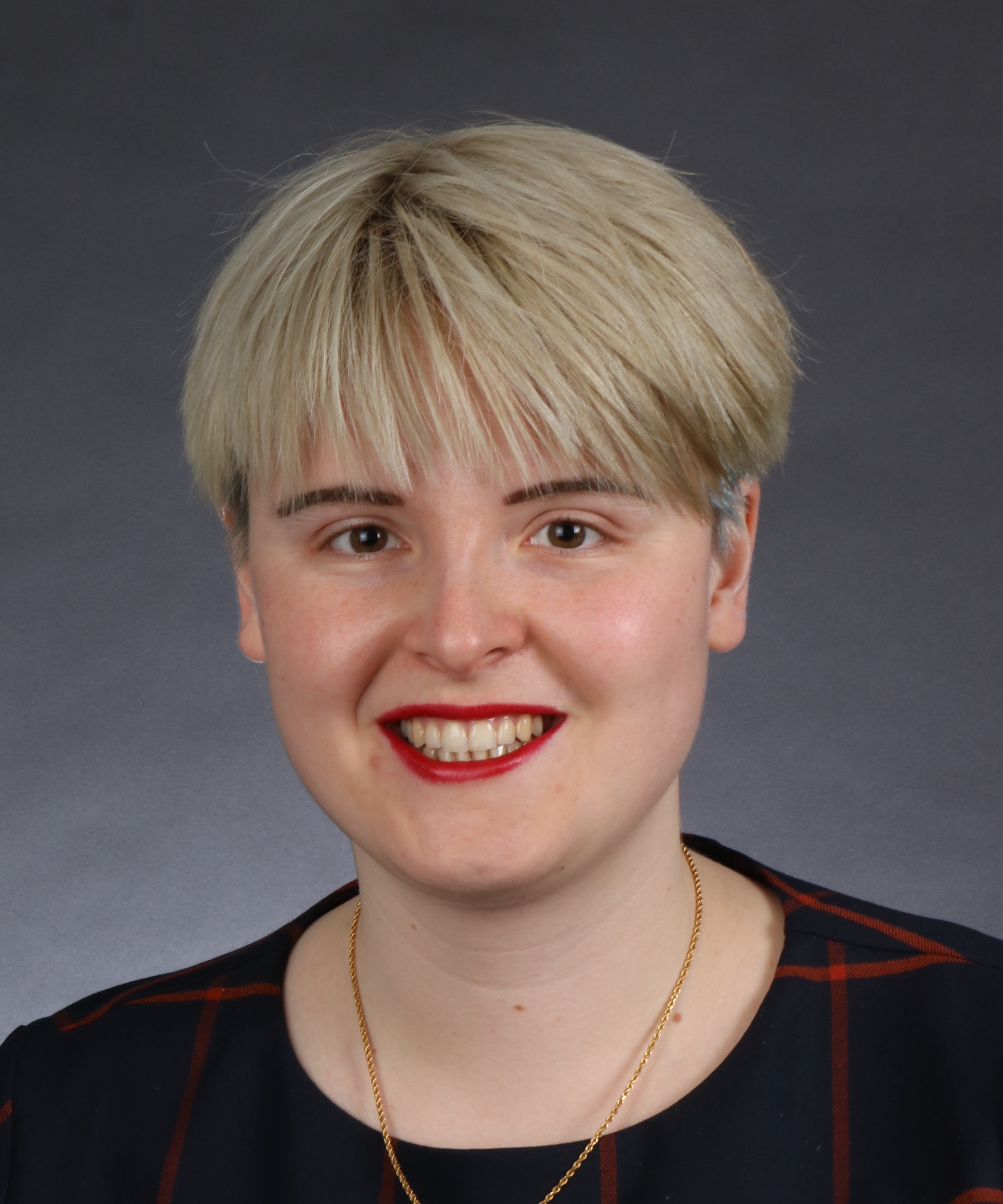
Kristina Klein
- Alumni
- Germany
- 2016 PhD Zoology
- Trinity College
From a young age, I have always been fascinated by the natural sciences. As an undergraduate in Molecular Biomedicine at the University of Bonn, I developed a strong interest in neuroscience. I have worked on several research projects using the fruit fly Drosophila; studying larval feeding behaviour at Bonn, accumulation of evidence prior to decision-making in larvae at HHMI Janelia Research Campus, and attention in adult flies at the Chinese Academy of Sciences. As a PhD student at Cambridge, I will investigate the neural basis of operant learning in Drosophila larvae. This is the process in which an animal learns about the consequences of its own behaviour, leading to reinforcement or suppression of certain actions. I anticipate that these studies will reveal many of the general principles underlying operant learning. This will hopefully lead to a better understanding of operant learning in vertebrate model systems, facilitating the investigation of related diseases, such as learning disorders, neurodegenerative diseases or obsessive-compulsive disorders, and eventually the development of better cures. After my PhD, I plan to pursue a career in scientific research, investigating the fundamental questions in neuroscience to help us better understand how the brain works. In my spare time, I volunteer as a mentor for high school students with exceptional mathematical talent, and am involved in the organisation of mathematical competitions in Germany.
Previous Education
Rheinische Friedrich-Wilhelms-Universitat Bonn
Fudan University
Per Klevnas
- Alumni
- Sweden
- 2001 Diploma Economics
- Girton College

Per Klevnas
- Alumni
- Sweden
- 2001 Diploma Economics
- Girton College
Jason Kliewer
- Alumni
- United States
- 2003 MBA Management Studies
- St Catharine's College

Jason Kliewer
- Alumni
- United States
- 2003 MBA Management Studies
- St Catharine's College








